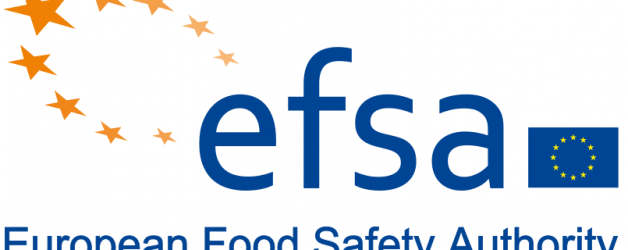

EFSA’s Scientific Assessment Support (SAS) Unit has launched an open consultation on the Draft Guidance on Expert Knowledge Elicitation in Food and Feed Safety Risk Assessment http://www.efsa.europa.eu/en/
The document proposes a process to help the Authority access specialist knowledge on parameters for use in risk assessments when relevant information is not available in scientific literature or publicly accessible databases. The guidance outlines how to access expertise found in national authorities, industry, the scientific community and other sectors in a manner which ensures neutrality and comprehensiveness, addressing all relevant areas needed. It explains how to obtain knowledge from such specialists and analyse their answers to extract reliable, unbiased and reproducible information.
Interested parties are invited to submit written comments by Monday, 30 September 2013.
The use of quantitative models in risk assessment is well established, and is recommended for problems with essential uncertainties. These models should be informed by systematically reviewed scientific evidence. However, empirical evidence is sometimes limited (or even absent) or not accessible via publicly available information sources (e.g. bibliographic databases, scientific journals or websites). In such cases, reliable information can be obtained from knowledgeable experts using systematic and standardised methods for eliciting their knowledge. The draft version of the document launched for consultation presents the intermediate results after the first half of the project. The document is organised in three parts:
- Part I presents the risk assessment context and the motivation for the use of expert knowledge elicitation;
- Part II discusses different principles on framing the question, selecting the experts, eliciting uncertainty and aggregating the results of multiple experts;
- Part III presents three protocols for expert knowledge elicitation in detail. These protocols can be used as guidance for the development of adapted protocols for real-life questions in food and feed safety. To get an overview of the document it is recommended to focus on part III of the Guidance.
The public consultation will provide an initial feedback to the first phase of the project. The second half of the project will be to discuss the draft version with experts currently working in/for EFSA, stakeholders and the interested public, to test the applicability of the guidance in real-life case studies at EFSA and, finally, to propose a process to implement expert knowledge elicitation into the daily work of EFSA.
EFSA will assess all comments from interested parties which are submitted in line with the criteria above. The comments will be further considered by the relevant EFSA Panel All comments submitted will be published. Comments submitted by individuals in a personal capacity will be presented anonymously. Comments submitted formally on behalf of an organisation will appear with the name of the organisation.
